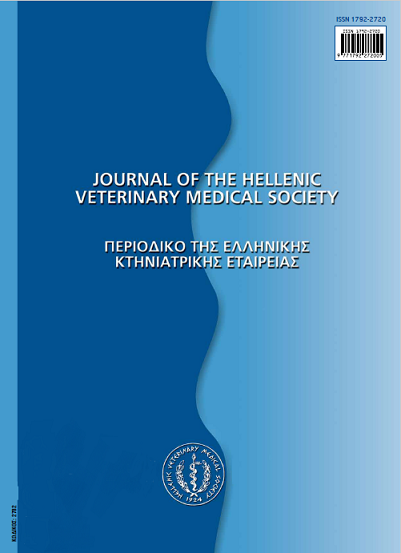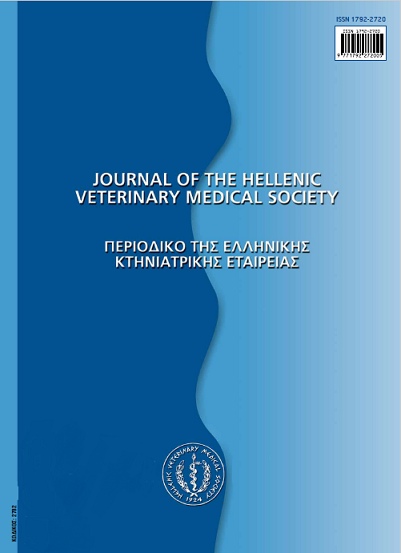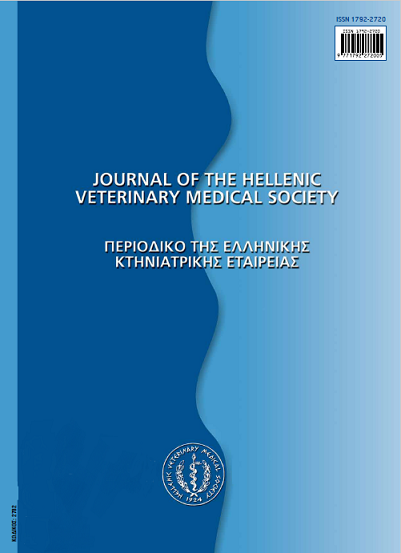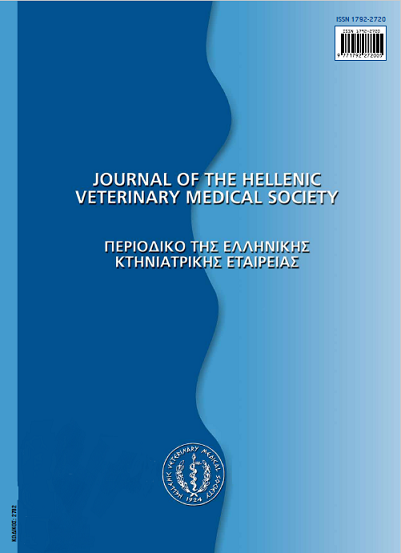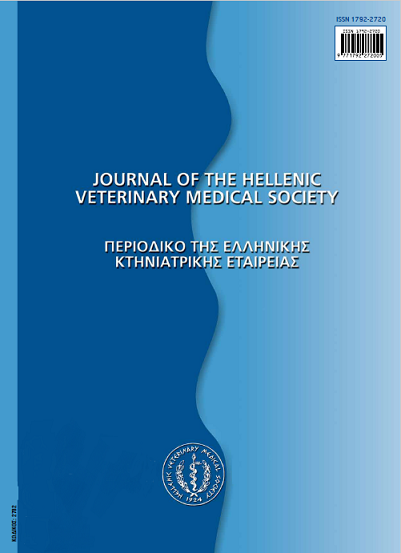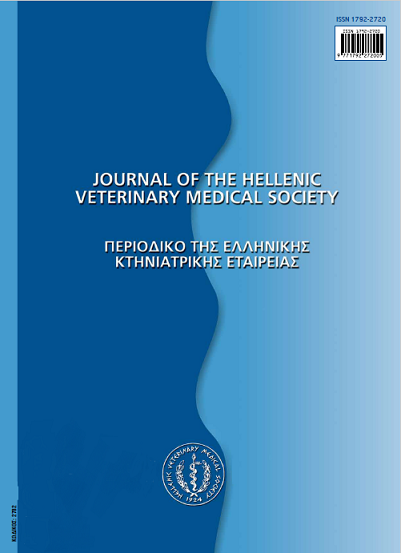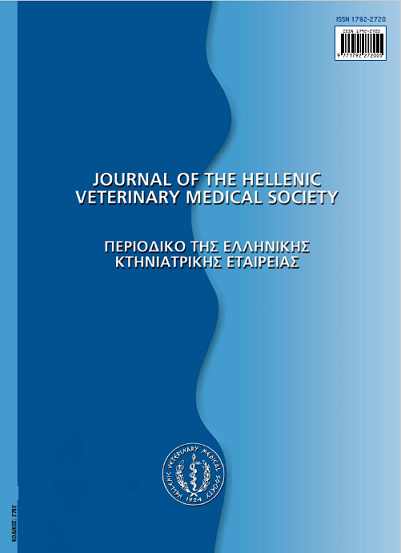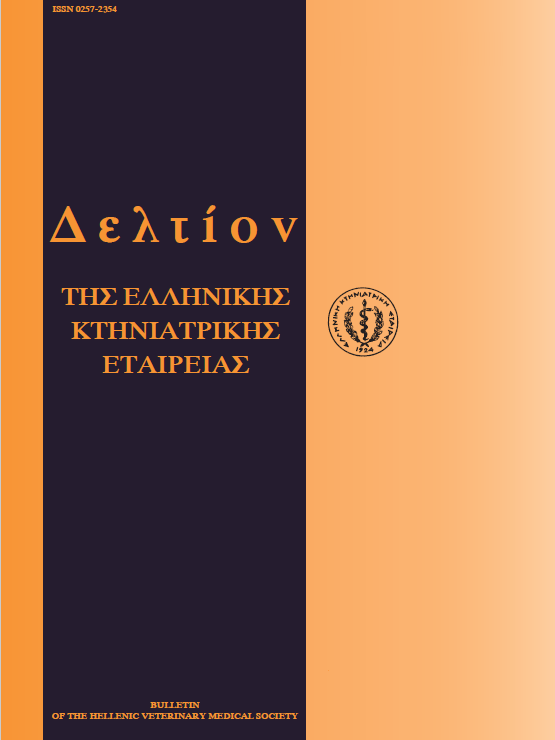Survival of Escherichia coli 0157:H7 in Feta cheese during storage
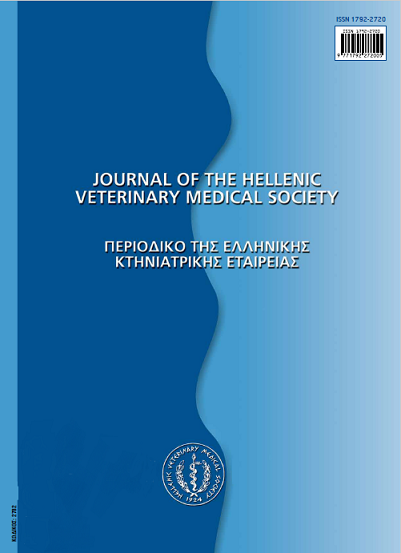
Abstract
The survival of E. co/i0157:H7 in Feta cheese and the brine used after 2 months ripening of cheese, was studied during storage at 4°C and 12°C. An inoculum of 5.3 log10CFU/ml of E. coli Ol57:H7 was added in brine, for the contamination with the pathogen of Feta cheese. E. coli Ol 57:H7 was detectable in brine by direct plating on SMAC up to 40th day and 32th day during its storage at 4°C and 12°C respectively, while by enrichment and following plating on SMAC up to 44th day (4°C) and 36th day (12°C). The E. coli 0157:H7 was detectable in Feta by direct plating on SMAC up to 44th day (4°C) and 38th day (12°C), while by enrichment and following plating on SMAC up to 50th day (4°C) and 42th day (12°C). The results showed that E. coli Ol57:H7 survived longer in Feta than in its brine, for both storage temperatures but the difference was very low. The survival of E. coli 0157:H7 in feta and brine was longer during the storage at 4°C than at 12°C.
Article Details
- How to Cite
-
GOVARIS (Α. ΓΚΟΒΑΡΗΣ) A., KOIDIS (Π. ΚΟΪΔΗΣ) P., & PAPATHEODOROU (Κ. ΠΑΠΑΘΕΟΔΩΡΟΥ) K. (2018). Survival of Escherichia coli 0157:H7 in Feta cheese during storage. Journal of the Hellenic Veterinary Medical Society, 53(1), 24–32. https://doi.org/10.12681/jhvms.15356
- Issue
- Vol. 53 No. 1 (2002)
- Section
- Research Articles

This work is licensed under a Creative Commons Attribution-NonCommercial 4.0 International License.
Authors who publish with this journal agree to the following terms:
· Authors retain copyright and grant the journal right of first publication with the work simultaneously licensed under a Creative Commons Attribution Non-Commercial License that allows others to share the work with an acknowledgement of the work's authorship and initial publication in this journal.
· Authors are able to enter into separate, additional contractual arrangements for the non-exclusive distribution of the journal's published version of the work (e.g. post it to an institutional repository or publish it in a book), with an acknowledgement of its initial publication in this journal.
· Authors are permitted and encouraged to post their work online (preferably in institutional repositories or on their website) prior to and during the submission process, as it can lead to productive exchanges, as well as earlier and greater citation of published work.



